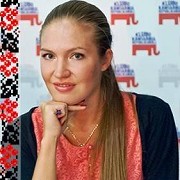
Friday, 31 March 2023 to Sunday, 2 April 2023

|
Sat1 Apr02:45pm(15 mins)
|
Where:
East Quad Lecture Theatre
Stream:
Presenter:
|
